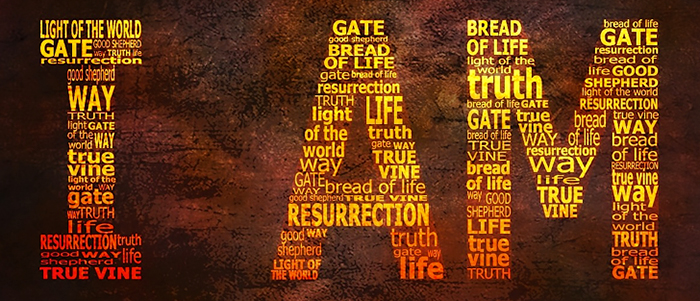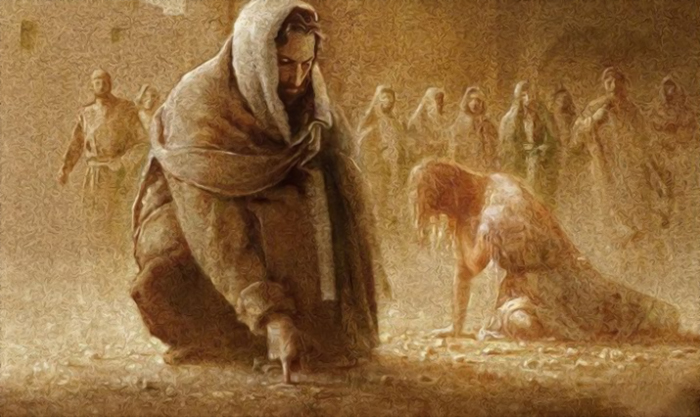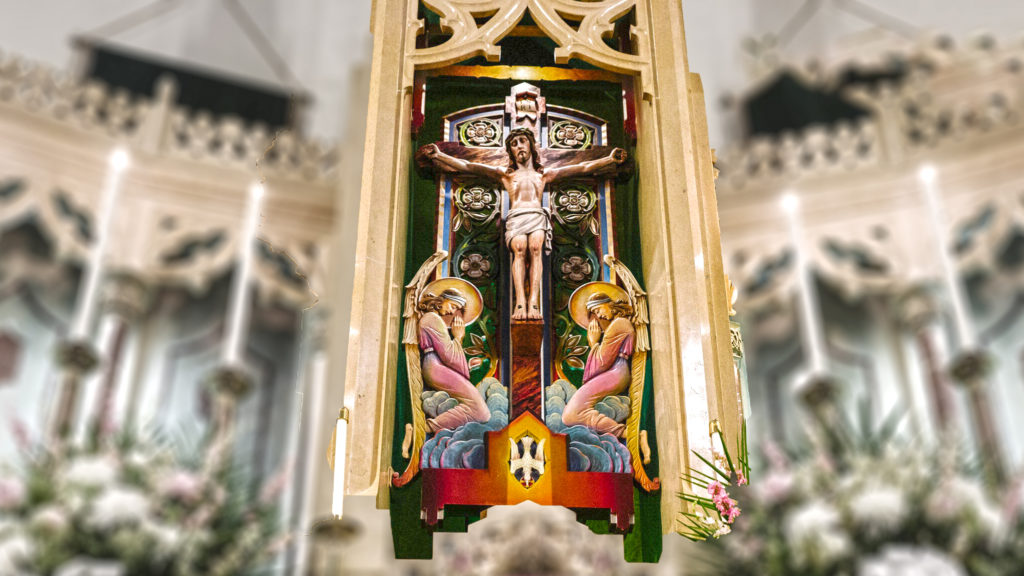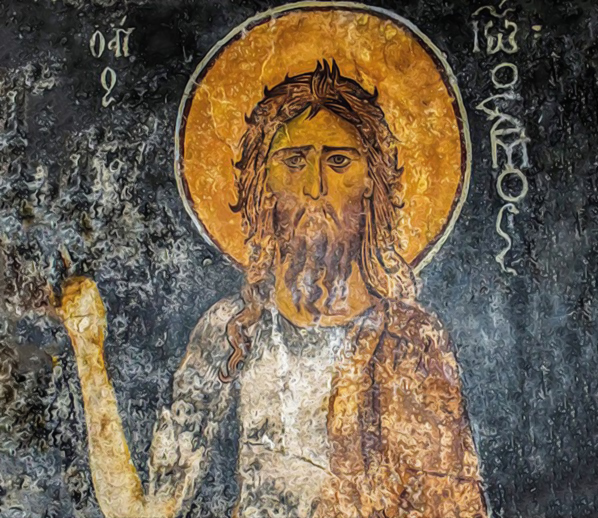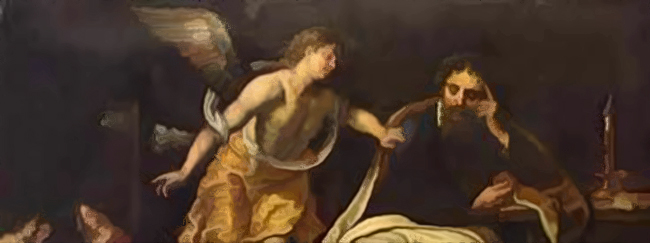
To “remain in my word” is to make our home in the heart of Christ. Fr. Kevin O’Brien writes that in that heart, we see ourselves as we truly are; beautifully gifted, flawed, and complicated creatures, called to serve as disciples amid an equally beautiful and broken world. We long for truth; we love it and endlessly search for it because it is the goal of our being. And one day, we will possess it completely. We want to live the spiritual life intensely and deeply, the interior life, the beginning of eternal life, and we wander blindly along this path of good, which we find most lovely, and upon which we sow our efforts, our struggles, and our desires. The gratuitous search for beauty, the passionate concern for justice, and the love of truth are so many paths that lead to God. The truth sets us free from all that gets in the way of our loving and being loved. While this interior work is not an easy grace, the freedom it leads to is transformative.

